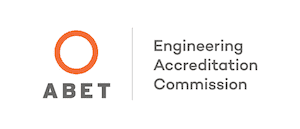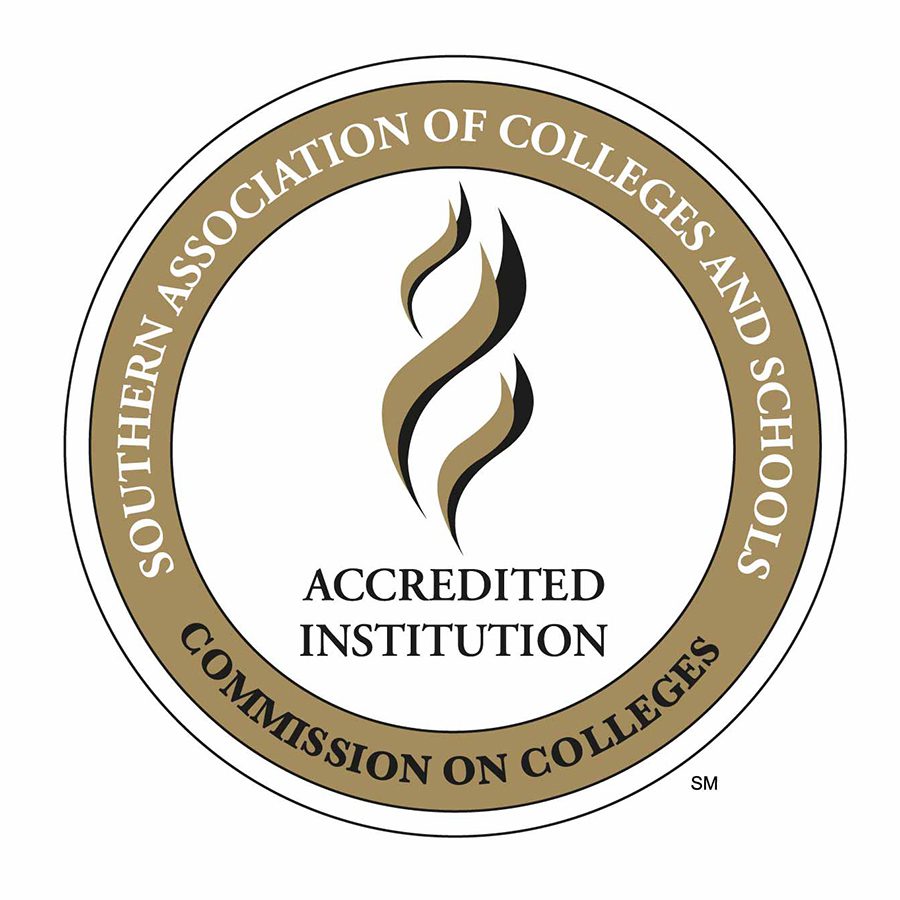Accreditation
Specialized Accreditation
The Bachelor of Science in Mechanical Engineering (B.S.M.E) degree program within the Mechanical Engineering and Engineering Science Department at the University of North Carolina at Charlotte is accredited by the Engineering Accreditation Commission of ABET, under the commission’s General Criteria and Program Criteria for Mechanical Engineering.
ABET Information: Why Should I Choose an Accredited Program?

Institutional Accreditation

For information about the University’s accrediation, please visit The Office of Assessment and Accreditation.
Program Educational Objectives
- Our graduates apply their knowledge to enable them to succeed as engineers in society, graduate or professional studies, and lifelong learning while continuing to advance their professional development, including preparation for engineering licensure.
- Our graduates contribute to safety and make ethical engineering and societal decisions.
- Our graduates contribute to the design, manufacture, implementation and management of engineering systems.
- Our graduates are equipped with strong engineering fundamentals and have the flexibility and competence to adapt in a changing world.
- Our graduates innovate, develop, and communicate ideas and solutions, as effective leaders, team leaders, or team members.
Student Outcomes
Our students, upon graduation,
[ME1] have an ability to apply knowledge of mathematics, science, and engineering to identify, formulate, and solve complex engineering problems.
[ME2] have an ability to apply the engineering design process to create thermal or mechanical systems that meet specified application goals with consideration for public health, safety, and welfare, as well as global, cultural, social, environmental, and economic factors.
[ME3] have an ability to communicate effectively with a range of audiences through technical writing and oral presentations.
[ME4] have an ability to recognize ethical and professional responsibilities in engineering situations and make informed judgments, which must consider the impact of engineering solutions in global, economic, environmental, and societal contexts.
[ME5] have a record of productive participation as team members or in leadership roles on multidisciplinary teams which create a collaborative and inclusive environment, establish goals, plan tasks, and meet objectives.
[ME6] have an ability to develop experimental protocols and perform experiments designed to test or verify mechanical principles, components, and properties; analyze results; interpret data; and use engineering judgment to draw conclusions.
[ME7] have an ability to obtain and apply new knowledge using appropriate learning strategies
For Motorsports Engineering Concentration only:
[ME8] Students are prepared to engage in the design of automotive systems, components, or processes to meet specified goals.
For Energy Engineering Concentration only:
[ME9] Students are prepared to engage in the design of energy systems, components, or processes to meet specified goals.
For Biomedical Engineering Concentration only:
[ME10] Students are prepared to engage in the design of biomedical systems, components, or processes to meet specified goals.
For Precision Metrology Engineering Concentration only:
[ME11] Students are prepared to engage in the design of precision engineering and metrology systems, componenets, or processes to meet specified goals.
Annual Student Enrollment and Graduation Data
Enrollment and graduation data for the Department of Mechanical Engineering & Engineering Science program can be found in the University Fact Book Part III, Table III-3a and Part VII, Table VII-2a. [Scroll down in the tables until you find the Engineering entry. FT and PT stand for fulltime and part-time enrolled students.] Graduation data for the current year is posted after the spring commencement ceremony.